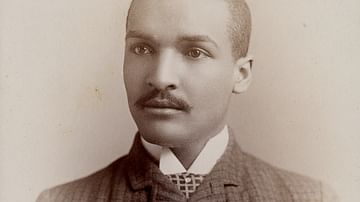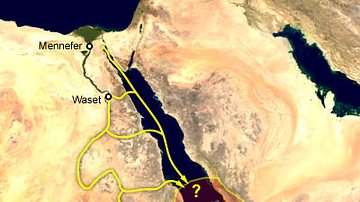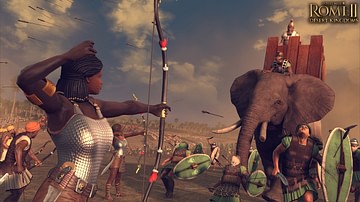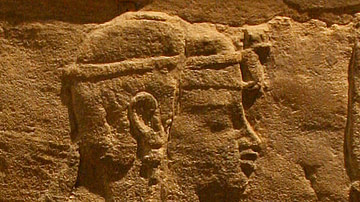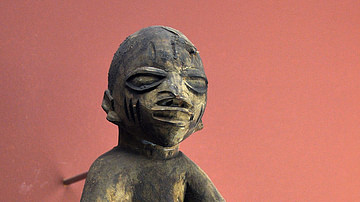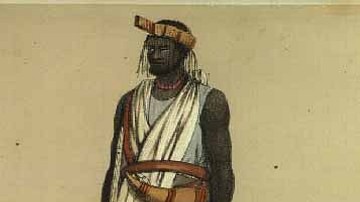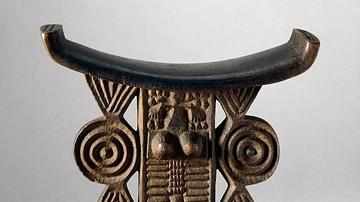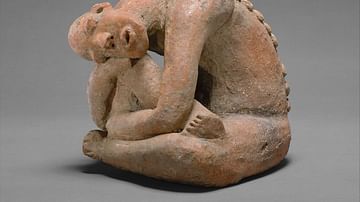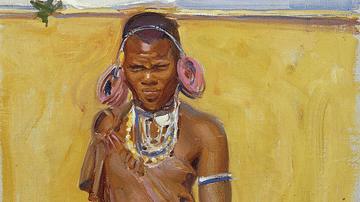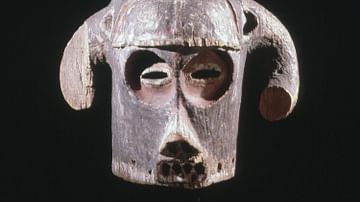This collection presents a small sampling of the many great African kingdoms that rose and fell from the ancient period when Punt traded with Egypt up through the common era. Each kingdom developed a distinct culture and corresponding art and religious belief that continues to influence people around the world in the present day.
Although many people are under the impression that ancient Egypt was the only great political entity of Africa in antiquity, there were actually many other kingdoms, at that time and later, that developed equally rich cultures and religious systems. Included in this collection is the archaeologist John Wesley Gilbert – known as the first black archaeologist – who worked in the Congo region, and the supernatural entities known as the Orisha who formed the basis of West African religion.
This, as noted, is only a small sample of the many great African kingdoms. Carthage is omitted in the interests of space allowed for others, as is Meroe and great rulers such as Ergamenes, though the Candaces of Meroe are included. The Empires of West Africa collection offers other great kingdoms while A Gallery of Ancient African Art collection presents the artwork of these diverse cultures.
